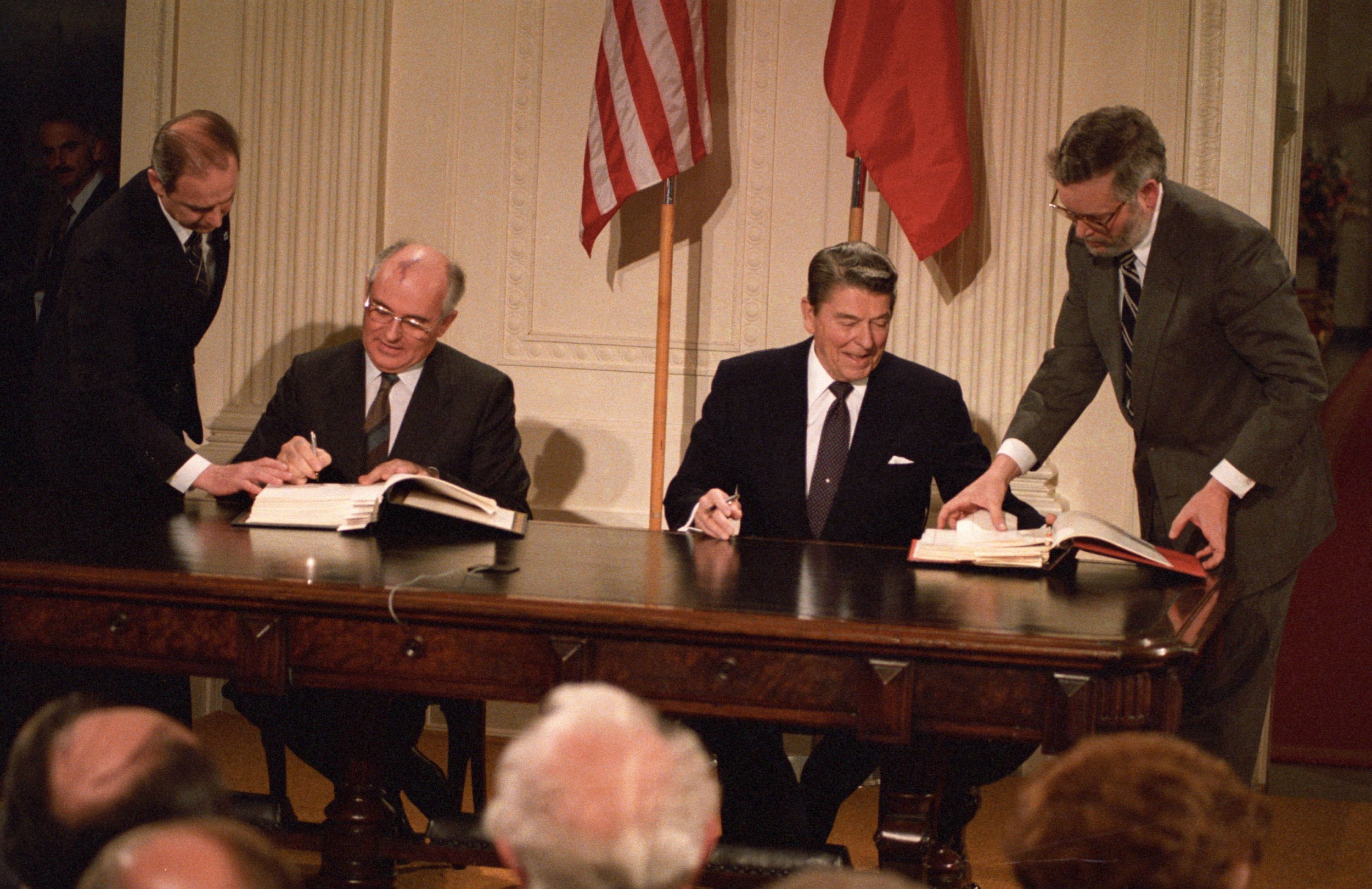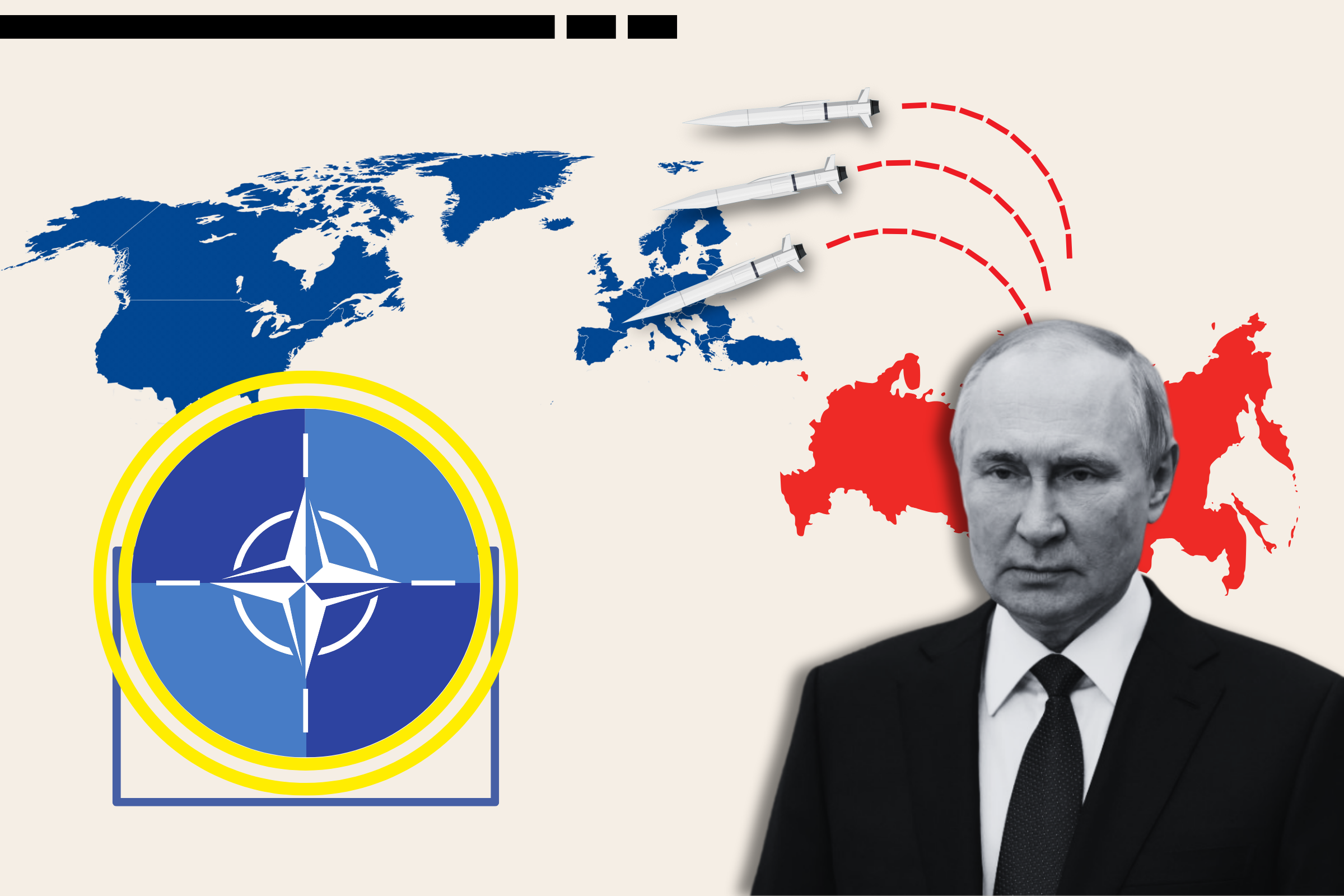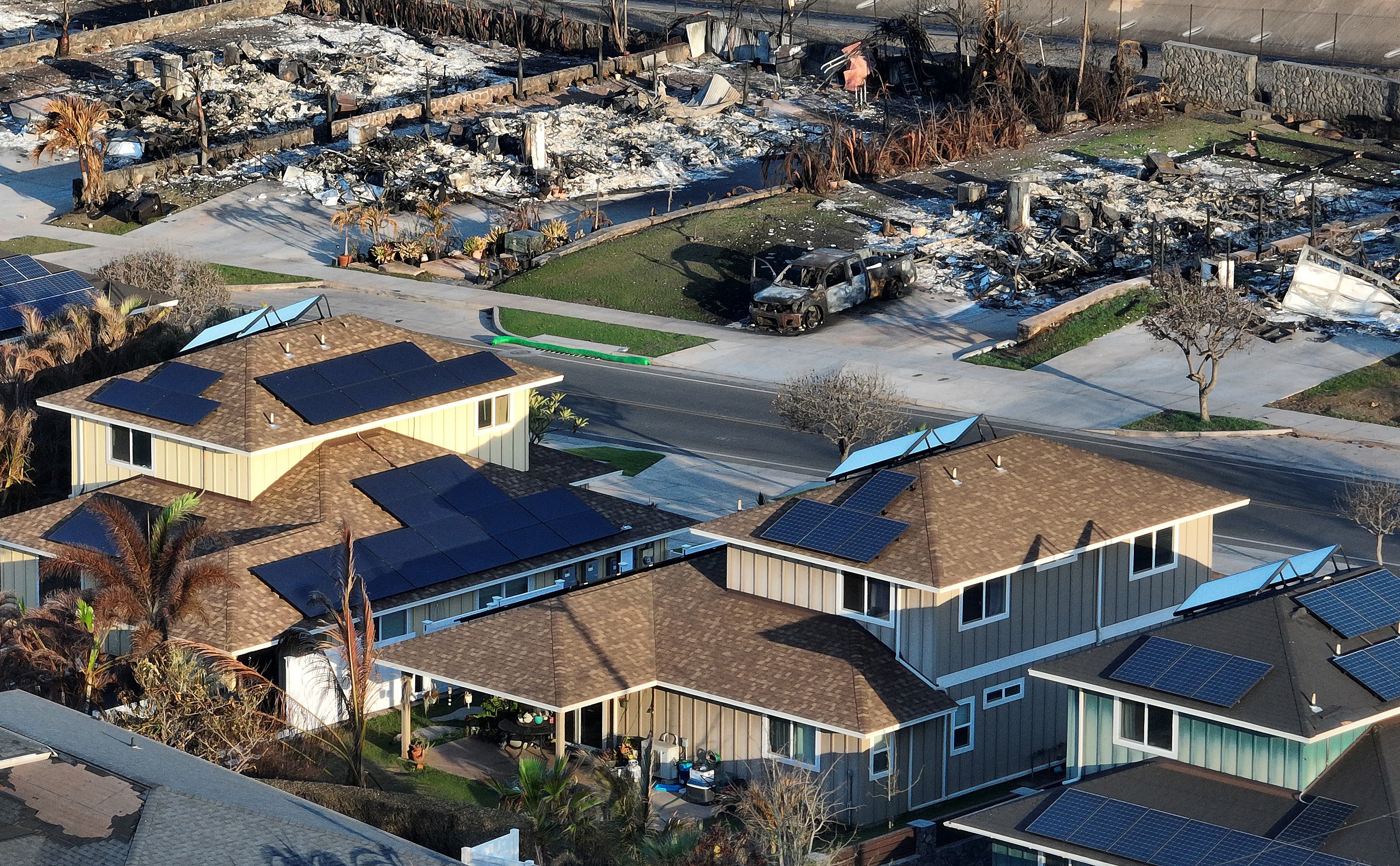
President Donald Trump and Russian President Vladimir Putin must personally take charge to prevent the collapse of a landmark Cold War treaty or risk a swell of nuclear-ready forces in Europe, Mikhail Gorbachev said.
"The collapse of the treaty would have very heavy consequences," Gorbachev, the final leader of the Soviet Union, told Russian state news agency RIA Novosti. "Both direct ones, in the deployment of missiles near the borders of Russia and European countries, as well as collateral ones."
Gorbachev signed the so-called Intermediate-range Nuclear Forces (INF) pact with then-President Ronald Reagan 30 years ago on Friday. The signing was a profound moment in reversing the Cold War arms race between Washington and Moscow, as both sides pledged to end deployments of short and medium range, nuclear-capable, ground-based forces in Europe. After decades of proxy wars around the world, the INF pact sought to reduce the risk of a nuclear conflict along the Iron Curtain.
Under Putin, the Russian military repeatedly acted in what critics said was a blatant violation of the treaty's terms, deploying intermediate-range arms too close to Russia's western borders. Barack Obama's administration reported in 2014 that Moscow was also testing a banned missile.
Reports from inside the Trump administration suggested that U.S. senators might also be putting pressure on the White House to pull out of the pact wholesale.
"I am confident that, if they get the impetus from both presidents, military and diplomats can negotiate on the technical problems," Gorbachev said on Friday. "The main thing is that the treaty acts as the foundations of strategic stability and should not, under any circumstance, became victim to some political conjuncture."
Gorbachev has repeatedly spoken in favor of the treaty, calling on both Moscow and Washington to reinstate their commitment to it. He accused the Trump administration of flouting a responsibility to converse with the Kremlin in the current tense situation between the two countries in October, saying that the fact the two have only had one meeting so far and on the sidelines of a bigger summit was "totally abnormal."
The Trump administration has not demonstrated any focused policy on Russia so far, as the president has refused to condemn any of Putin's policies, preferring to criticize his own country, while his envoys and department secretaries doubled down on criticisms against the Kremlin that Obama's administration had.
The Trump campaign team is currently the subject of inquiries into alleged collusion with Russia in order to influence the presidential election. Congress took the power to lift sanctions on Russia from Trump in near-unanimous votes.
Uncommon Knowledge
Newsweek is committed to challenging conventional wisdom and finding connections in the search for common ground.
Newsweek is committed to challenging conventional wisdom and finding connections in the search for common ground.
About the writer
I am a Staff Writer for Newsweek's international desk. I report on current events in Russia, the former Soviet Union ... Read more
To read how Newsweek uses AI as a newsroom tool, Click here.








